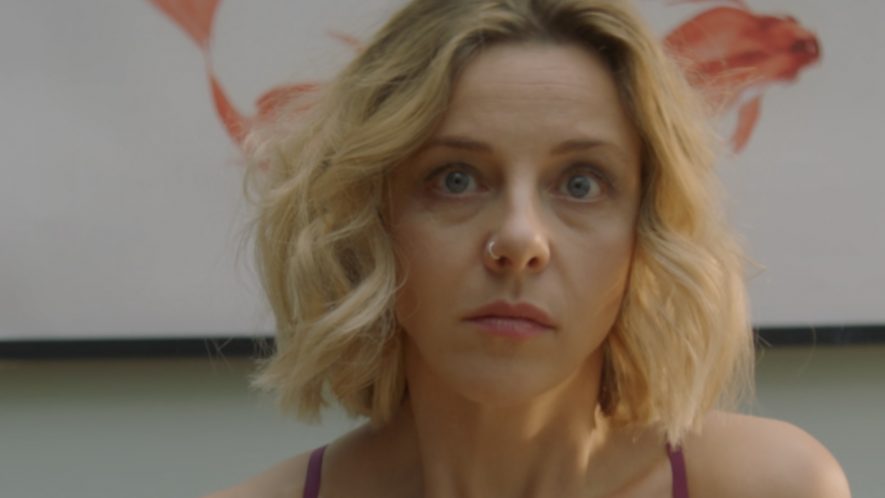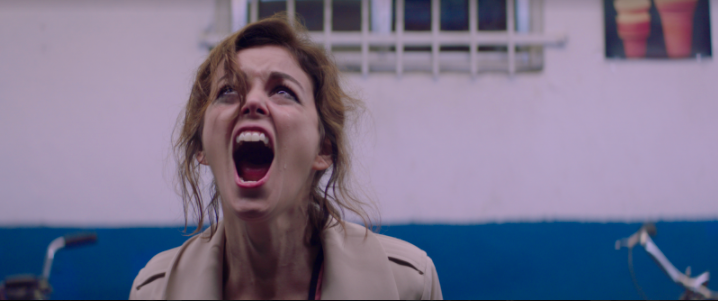How did you go about casting the actors in your short film?
Charlie Reddix [who plays Dasani] was a new actress. When she auditioned, she was very calm but she expressed so much with her eyes. I really resonated with her. I wanted a real person that resembles the character, not a child actor who was acting. When I spoke to her, she really listened and I could see that in her eyes. To me, that is one of the best qualities in a child actor, someone who listens. I instinctively knew she was perfect. With Destiny [who plays Avianna], when she walked in, she was such a spark of energy. She was very excited but also listening to you when you spoke.
How important is short film as a medium for young people breaking into the industry?
It is very important, I want to keep doing more short films. Short films are about finding your voice; directors need to find their voice when they are starting out and you cannot find your voice if you are not making films and failing. Directing is not a theoretical thing. The stigma, that I also felt at USC, of making a short film and it failing was so high that people would not even make a film. I hope that before I do my first feature film, I do a couple short films so I do not fail on my feature. Short films allow you to experiment narratively from a form point of view that you cannot do on a feature. It’s also faster so you are not devoting year(s) of your life to it.
I read that your exposure to Western films was later in life.
Yes. I mainly only watched Bollywood and Disney.
Growing up in Kuwait , what was your perspective of US Film?
The things I watched, Disney, Lost, Lord of the Rings, communicate the message that you can achieve all your dreams, and that having hope matters. However, I never felt like it spoke to me, as a POC, because everyone on screen was white. So, I felt that these dreams and hopes were only for a very specific group of people. And that there is a big distinction between them so you appreciate it [the message about retaining hope] but it’s never for you. I never questioned all the injustices around me because it was my reality. There was no one like me on television that would encourage me or empower me to stand up. It is why representation is so important, because it makes you feel as if you are enough and that you deserve the privilege to have hopes and dreams.
How did you end up leaving Kuwait?
One of my biggest dreams was going to college. My parents did not graduate high school. I heard about community college through a college counselor at an American school I was working at in Kuwait. It is the first time I heard of the potential scholarships and grants for US colleges, realizing that I could go to college without it costing an arm and leg.
Where do you stand on the film school or no film school debate?
I have two viewpoints. I was from Kuwait so I did not have a community in the US. I transferred to USC and it helped me gain a community. USC is one of the best schools for networking, they also teach you the business side of the film industry. However, at the end of the day, no one can teach you art; the burden is on you. You cannot expect to go to film school and become an artist. It is what you make out of it. I started reading the George Lucas biography, he also went to USC, you can tell that so much of what he did was what he made out of it.
What have you got planned next?
I just got back from Detroit shooting another short film. We hope to start shooting the Disney film in October; I also just wrote the pilot for the show. I am focused on learning how to write for TV. I am having so much fun learning how to tell the story in that format.
Aqsa Altaf’s short film ‘One Small Step’ is streaming now on Argo.











